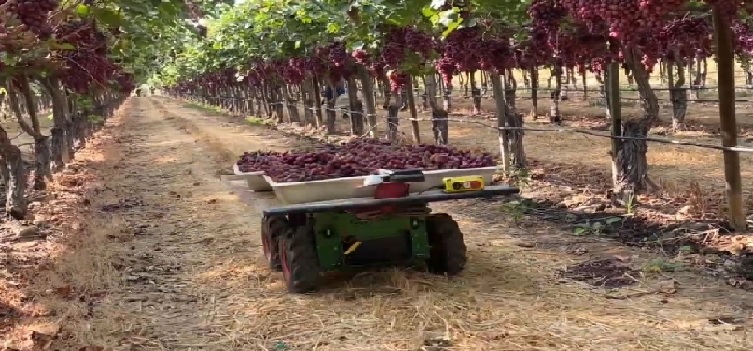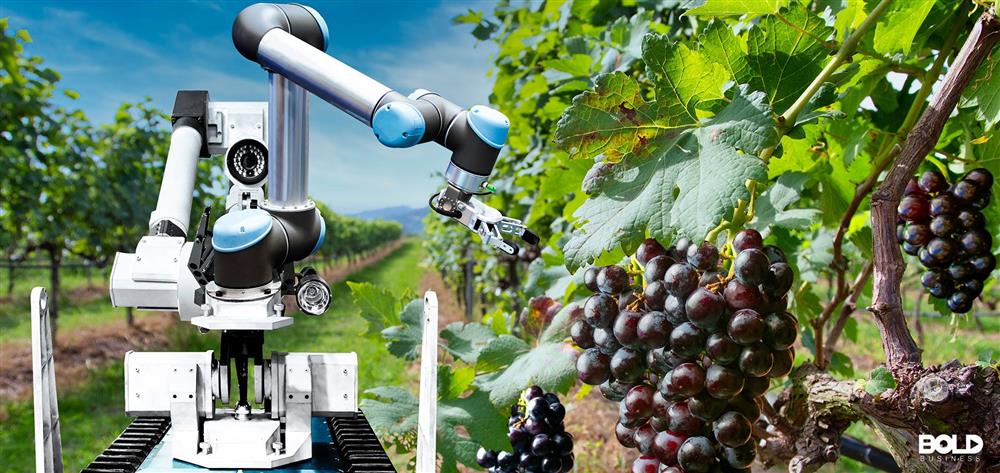WorldSkills Lyon 2024 Autonomous Mobile Robotics Competition

The WorldSkills Lyon 2024 Autonomous Mobile Robotics Competition is scheduled to take place in Lyon, France, from 10th to 15th September 2024.
The primary focus of Lyon 2024 will revolve around the application of mobile robots in agriculture. This upcoming competition aims to be the most realistic and visually stunning event of its kind. Our goal is to promote the competition, highlight the significance of this industry, and showcase the valuable skills students acquire through this program.

Here's what you need to know for Lyon,
- This competition is only for WorldSkills member countries and is based on the occupation description and the WorldSkills Occupational Standards for autonomous mobile robotics, skill 23.
- More details can be found in Competitor Information Document, the CID. Click to download, and the Testing & Fault-Finding Inspection Checklist
- If you are a student, talk to your teacher, and if you're a teacher, talk to your local WorldSkills organization. To join the competition, your school must register with your local WorldSkills organization. There are 85 member countries that participate in WorldSkills. You can find a local contact at https://worldskills.org/members/.
- The official kit will be supplied at no charge to all teams competing in Lyon 2024. See WorldSkills Lyon 2024 Autonomous Mobile Robotics Collection.
- For those that have the previous Shanghai/Bordeaux Collection, you can purchase the upgrade. See Lyon 2024 Upgrade Pack. These represent all the new components in the Lyon Collection. There are three very new and important items that will be used in Lyon.
- The All-Terrain Wheels. See All-Terrain Wheel
- The 360 Degree LiDAR. See 360 Degree LiDAR
- The new 3D Depth Camera. See 3D Depth Camera
- Also available is the Lyon Challenge Elements and the Lyon Fruit & Vegetable Kit which can be used in the classroom to train for the competition. These may or may not be used in the actual competition.
*** Background on Autonomous Mobile Robots in Agriculture
Mobile robots can offer significant benefits to fruit and vegetable farms. Here are a few ways:
-
Increased productivity: With the help of autonomous mobile robots, farmers can increase their productivity and efficiency by performing tasks quickly and accurately. Robots can work around the clock without getting tired, leading to faster and more consistent results.
-
Reduced labor costs: Hiring and training labor can be expensive for farmers. With mobile robots, farmers can reduce their labor costs while increasing their output. This is especially helpful during peak seasons when labor shortages may occur.
-
Precise crop monitoring: Mobile robots can be equipped with sensors that measure soil moisture, temperature, and other key environmental factors. With this data, farmers can make better decisions about irrigation, fertilization, and other crop management practices. Additionally, robots can help detect pests and diseases early, allowing farmers to take action before the problem spreads.
-
Efficient harvesting: Mobile robots can be programmed to pick and sort fruits and vegetables based on their ripeness or other characteristics. This can help reduce waste and ensure that only the highest quality produce is sold.
-
Safe and reliable: Mobile robots can work in hazardous environments or areas that are difficult to access for humans, such as steep hills or muddy fields. Additionally, they can be equipped with safety features to prevent accidents and ensure reliable performance.
Overall, mobile robots offer farmers an innovative solution to many of the challenges they face in the agricultural industry.
Countries currently registered to participate,
- AE - United Arab Emirates
- AT - Austria
- BR - Brazil
- CN - China
- CO - Colombia
- FR - France
- HK - Hong Kong, SAR China
- HR - Croatia
- ID - Indonesia
- IN - India
- IR - Iran
- JM - Jamaica
- JP - Japan
- KR - South Korea
- KZ - Kazakhstan
- MO - Macao, SAR China
- MX - Mexico
- SA - Saudi Arabia
- SG - Singapore
- TH - Thailand
- TW - Taiwan
- VN - Viet Nam
- ZA - South Africa

